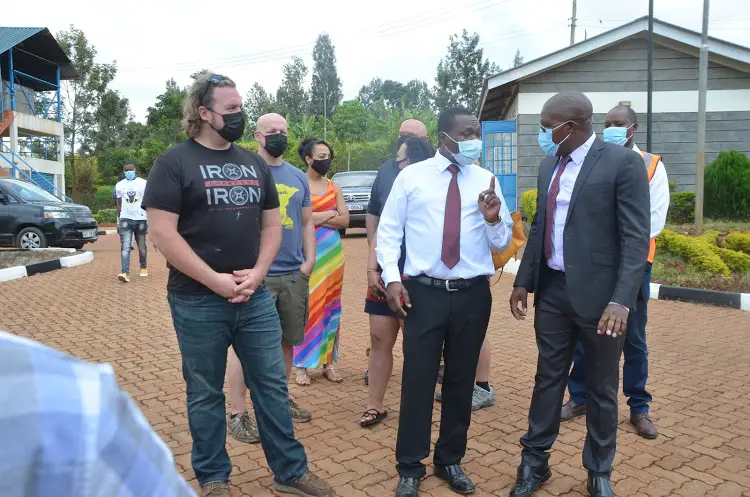Murang’a Water and Sanitation Company (Muwasco) in Kenya has partnered with an American NGO Can Do Kids to build a world-class laboratory at the firm’s Kiawambeu water treatment lab. The laboratory will have modern equipment and chemicals that will enable the firm to provide water meeting international standards.
According to Muwasco Managing Director, Daniel Ng’ang’a, the laboratory will provide employment to young people while providing clean water to more than 100,000 customers. The numbers will be increased to about 150,000 after more storage tanks are built. It will also build the capacity of Muwasco’s workers and provide an opportunity for other water companies in Kenya and other countries to learn from best practices,” he said.
“We test our water every hour to ensure what we supply is of good quality. The lab will boost our quality and expose our workers to the best water treatment practices. We will do the construction while our partners will provide the modern equipment,” said Ng’ang’a.
Also Read: 12 tap stands built in rural Uganda to boost water supply
Ensuring steady water supply
The two parties are also expected to jointly build three high-capacity storage tanks to ensure water supply is steady. They already have built one. One tank established at Karechiungu will provide water to Kiangage area that receives water once a week from Kahuti Water and Sewerage Company that covers the area.
The tank has been built at the Karechiungu coffee factory following consultations with farmers who agreed. The water firm will do the last-mile connectivity. According to Ng’ang’a the national government has sunk a number of boreholes in the area to increase supply.
The NGO’s local coordinator Karanja Mburu wa Matangi said that three other water tanks will be established at Kabuta, Gikuo and Muchungucha areas. They will provide water to more than 40,000 households. The NGO has established more than 40 water tanks in Kenya and aims to build about 200 by the end of the year.
“This organisation’s vision is to help solve the shortage of clean water in schools, giving children more learning hours, instead of time spent trekking to fetch water,” he added. The tanks will enable the schools to harvest rain water and facilitate school feeding programmes.

